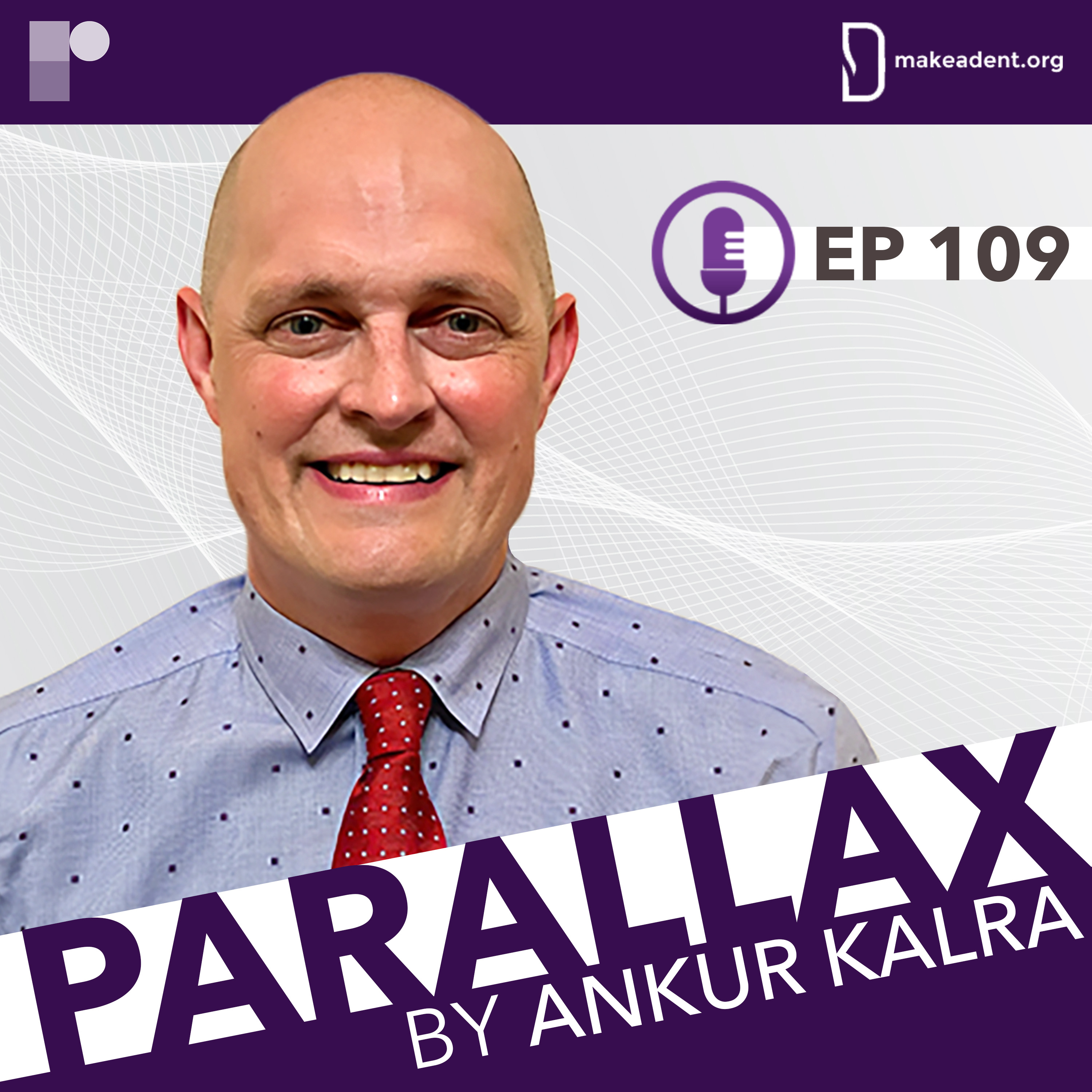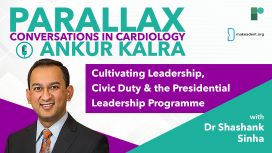
In this informative episode of Parallax, Dr Ankur Kalra is joined by Dr Andrew Darlington, an Advanced Heart Failure Cardiologist at Piedmont Heart Institute in Georgia. Together, Dr Kalra and Dr Darlington delve into the significance of assessing volume status in patients with heart failure, highlighting its continued relevance in 2024, including the availability of new diagnostic tools, including the Heart Failure Management System (HFMS).
Dr Darlington shares his approach to taking a patient’s medical history and some of the cues he looks for during a physical exam and the art of assessing neck veins. Together, they explore diagnostic tools and technologies available to measure fluid volume, including HFMS and strategies for effectively communicating about the utility of this technology to patients with worsening heart failure.
Dr Darlington gives a comprehensive overview of the recent clinical data presented at ACC 2023 on the BMAD trial and how he uses HFMS in his own clinical practice.

This series is supported by ZOLL and is intended for Health Care Professionals.





What is the Global Cardiology University project? How does Dr Anavekar encourage trainees to re-examine their role in patient care? What is his advice to our listeners?

As Dr Kalra asks Dr Rao about the ways in which early career faculty members can get involved with the organization at a state level. Dr Rao shares his insider tips and highlights key events where individuals can further their participation.
How can you get involved with your local ACC chapter? How can you improve your leadership skills? What is Dr Rao’s advice for our listeners?

He explains how the complexity of nutrition and the compounds generated by the gut microbiome can impact our health. We learn more about three compounds produced by our gut microbiome that have a strong connection with heart disease.
Through this conversation, Dr Vuyisich invites us to reframe our approach to nutrition and prevention as a question of food education and data-driven science.







